What if Zammis Never Returned to the Drac Homeworld?
What if Zammis had refused to return home in "Enemy Mine"? This article explores the consequences for peace, legacy, and identity in a war-torn universe shaped by duty and reconciliation.
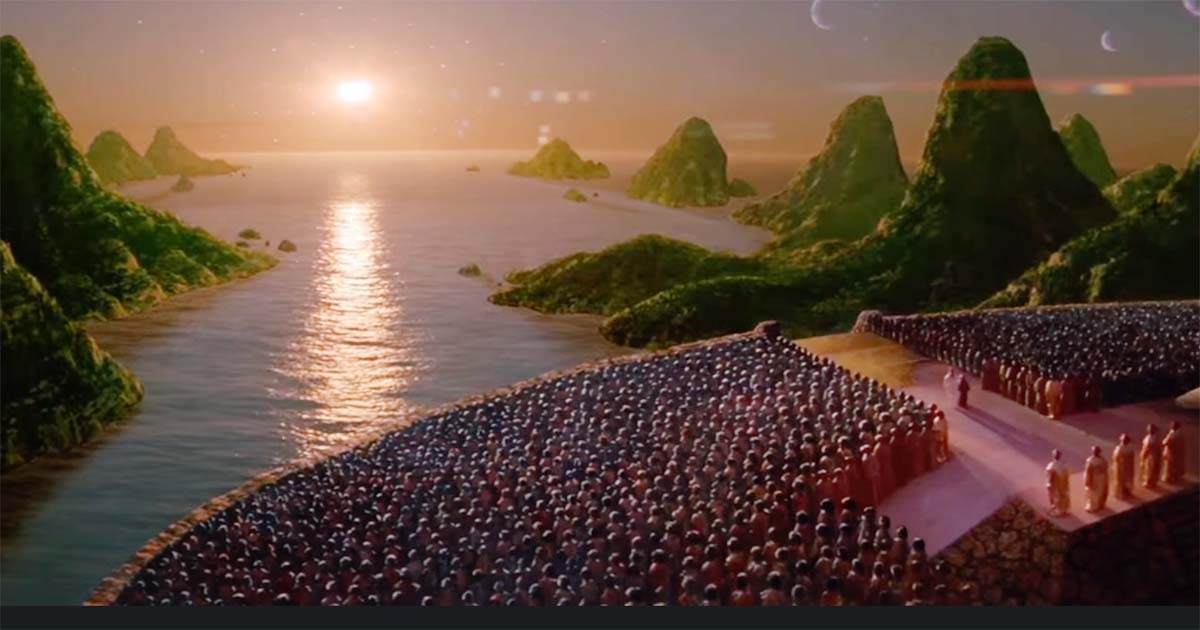
In the closing moments of "Enemy Mine," young Zammis, the orphaned son of the Drac warrior Jeriba Shigan, returns to his ancestral homeworld to recite his father's lineage before the holy elders.
It is a quiet yet powerful conclusion—an act of duty that binds the boy to a civilization he has never known and honors the fallen Drac who raised him with pride and purpose. But what if Zammis had refused to go? What if, instead of embracing his heritage, he chose to remain on Fyrine IV or journeyed back with Davidge to human space?
This alternate path opens a deep question about identity, obligation, and cultural legacy. It compels us to reconsider the delicate balance between personal will and inherited duty. In a story built on the bridge between two enemies, Zammis's decision is more than ceremonial—it is the final test of the peace forged in fire.
Zammis as Bridge Between Worlds
In "Enemy Mine," Zammis is more than a child born of necessity—he is the embodiment of a fragile alliance. Raised by Willis Davidge, a human fighter pilot, after the death of his Drac parent, Jeriba Shigan, Zammis grows up straddling two cultures that have long viewed each other with suspicion and hostility. His very existence challenges the assumptions of both species and serves as a living testament to the possibility of understanding between enemies.
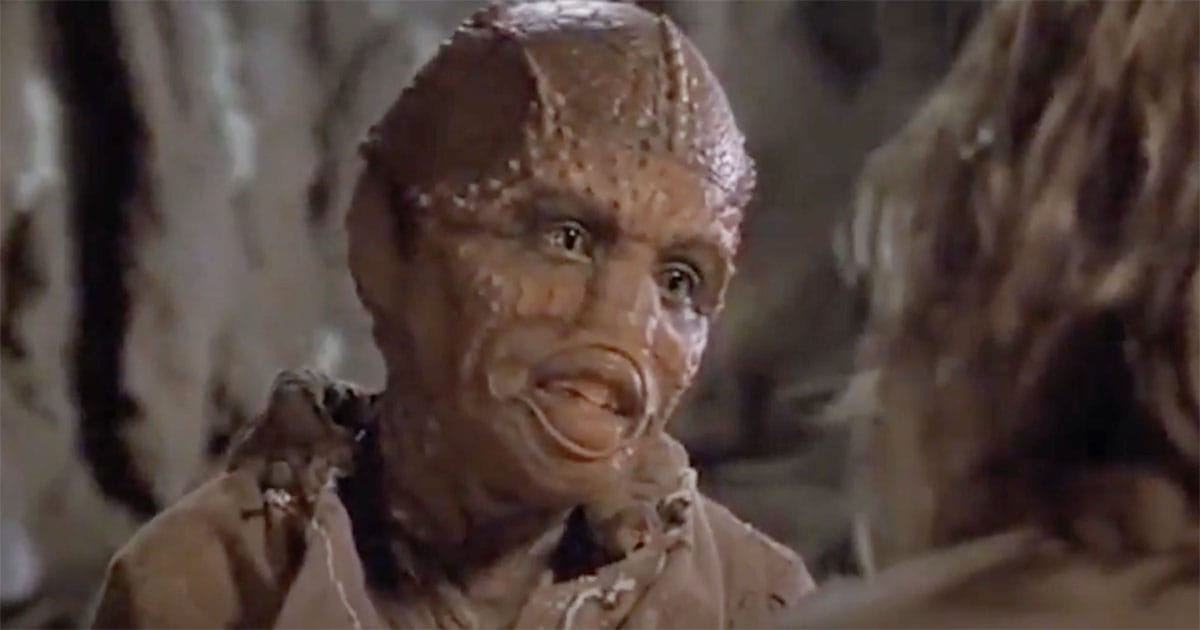
Zammis's return to the Drac homeworld fulfills a promise made by Davidge and completes a cycle of duty, tradition, and redemption. The act of reciting Jeriba's lineage to the Drac elders is not merely ceremonial—it is a profound gesture of cultural fidelity and personal sacrifice. It signals that peace is possible, not through treaties or military victory, but through shared life and mutual respect.
The conclusion of the story rests heavily on this symbolic act. It reinforces the central message of the film and novella. Reconciliation begins when we acknowledge the worth of the other. Zammis, shaped by human affection and Drac teachings, becomes the bridge—narrow, difficult, but essential—between worlds that once knew only war.
Consequences for Character and Theme
If Zammis had chosen not to return to the Drac homeworld, the emotional and philosophical weight of "Enemy Mine" would have shifted dramatically. His refusal would raise difficult questions about identity, belonging, and the value of tradition in a fractured universe. Rather than affirming the legacy of Jeriba Shigan, such a decision might be read as a rejection—intentional or not—of the Drac way of life.
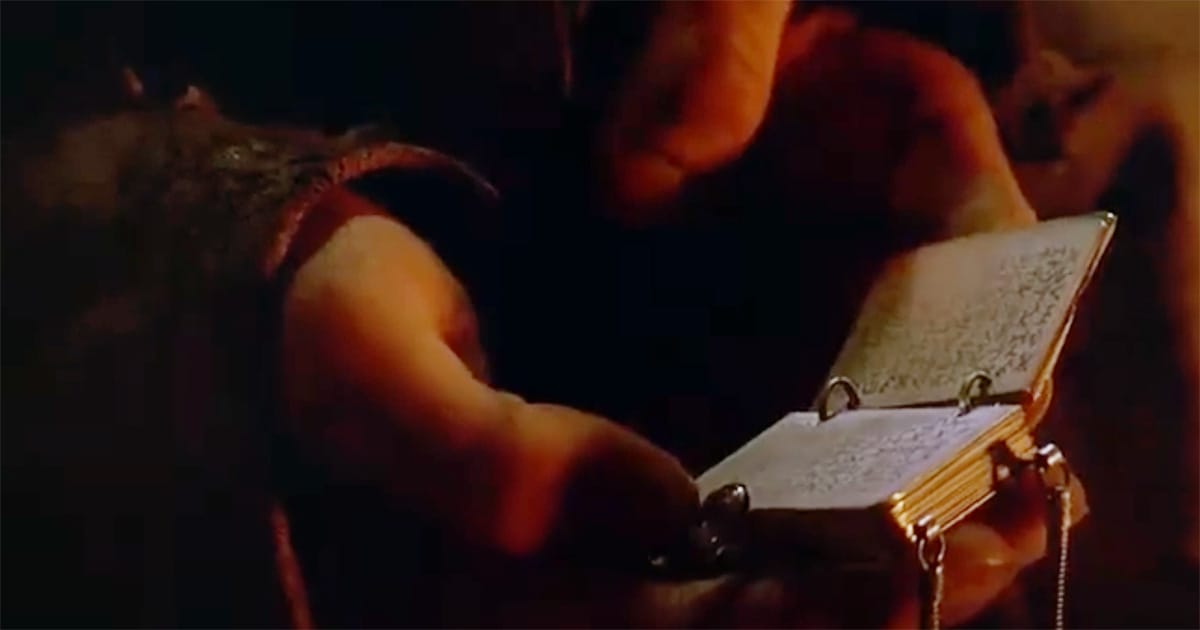
Davidge, though a devoted guardian, cannot replace what the Drac lineage offers. His human perspective, shaped by years of war and loss, may nurture Zammis in compassion but cannot instill the rituals and language that define Drac society. A life solely among humans would likely estrange Zammis from half his nature, creating a rift within which no affection could mend.
On a thematic level, the refusal undermines the story's hard-earned message of reconciliation. Without the act of return, the narrative closes in ambiguity, if not failure. Zammis becomes not a bridge but an orphan—neither fully Drac nor fully human, lost between two spheres that never quite understood one another. The lesson shifts from unity through sacrifice to alienation through fear.
It also raises practical concerns. Would the Dracs interpret his absence as dishonor? Might it reopen old wounds? The strength of the original ending lies in its quiet assurance—that even in the wake of battle, peace can emerge when enemies share burdens and honor each other's dead. A refusal to return forfeits that assurance and injects uncertainty where certainty was earned.
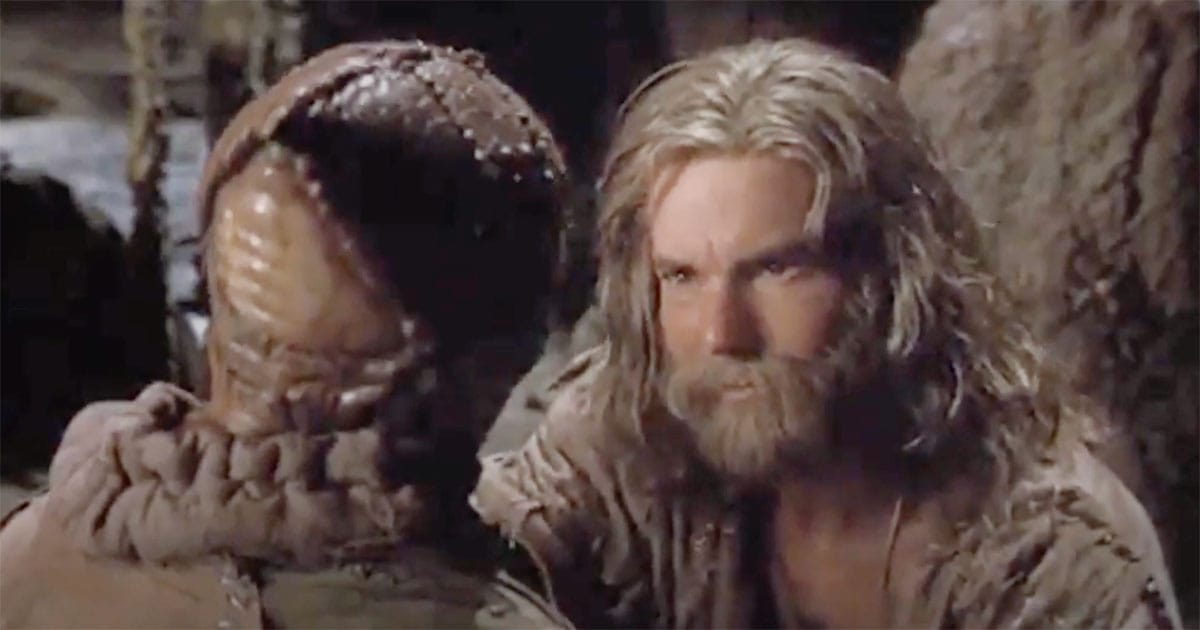
Zammis's choice to return affirms not just his father's memory, but the hope that enemies can become kin. A refusal, however noble or tragic, suggests a future less certain, and a past not yet reconciled.
Narrative Implications
If Zammis had refused to return to the Drac homeworld, the consequences would extend far beyond personal identity. Such a decision alters his life trajectory and the delicate framework of understanding between two civilizations, teetering between hostility and peace. On Fyrine IV or in human space, Zammis would grow up without the oral traditions, language, and rites of his people. The recitation of Jeriba's lineage—an act both sacred and civic—would go unspoken, leaving a gap in the Drac ancestral record. Among a society that views him with curiosity, suspicion, or even reverence, Zammis would become a cipher.

To the Dracs, he might be seen as a lost heir—a child whose absence is both a dishonor and a wound. To humans, he could serve as a living artifact of a strange and powerful encounter. He might be studied, mythologized, or even politicized. Would Davidge raise him in seclusion, shielding him from both sides? Or would Zammis become a public figure, a reluctant ambassador for a unity he never chose?
The absence of closure from the Drac perspective could complicate future diplomacy. What was once a tale of reconciliation would morph into one of unfinished business. Without the ceremonial return, suspicions could grow. Did Davidge steal the child? Did humans prevent the rite to assert dominance?
Zammis himself might wrestle with an identity built on subtraction—knowing what he is not more than what he is. Torn between a culture he never knew and one that cannot fully accept him, he could drift into bitterness or become a force for a radical reinterpretation of both traditions.
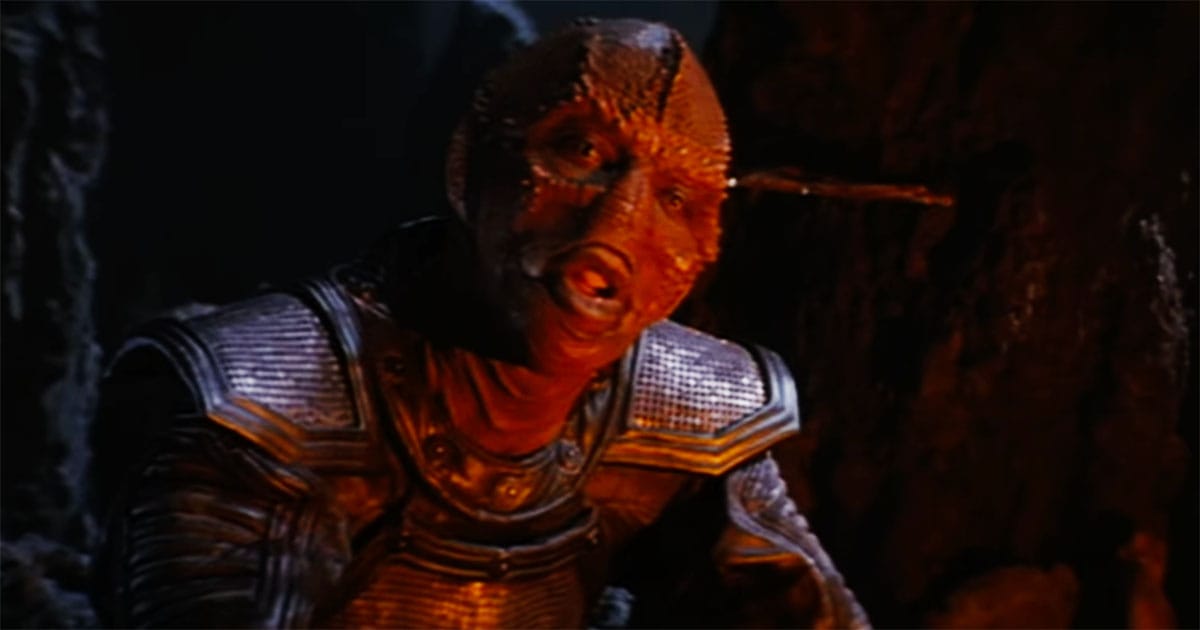
The richness of "Enemy Mine" lies in its resolution, which offers peace rooted in mutual respect and spiritual continuity. A splintered future, while compelling as a narrative possibility, shifts the story into uncertainty. It invites the reader to consider what happens when peace is delayed and when the bridges between enemies remain half-built, not because of hatred, but because of autonomy left unchecked.
The Rite That Completed the War
Zammis's return to the Drac homeworld is more than an ending—it is a fulfillment. By stepping into a culture he never knew and honoring a father he barely understood, he binds two worlds together through reverence and resolve. This act closes the wound of war not with treaties, but with tradition. Had he refused, the story would lose its moral weight, leaving only questions in place of closure. The power of "Enemy Mine" lies in this final rite—a moment that transforms legacy into peace, and memory into meaning. In return, the war truly ends.

